"‘There is great disorder under heaven; the situation is excellent,’ Mao once said. Thinking of the moment just before sending this catalogue to print, and of that inevitable moment right before the exhibition opens, I feel we have every reason to be confident.
‘Order means bread, disorder means hunger’—that was not Mao, but my father. Looking at the external chaos through which I’ve always tried to manage the inner order of my thoughts and projects, I understand why I never became rich."
(Gherardo Frassa, introduction to Mai dire Mao!, catalogue of the exhibition at Parma, Fiera di Parma, September 22-30, 2007, ed. Giancarlo Ascari and Gherardo Frassa [Milan: Nuages, 2007])
Mai dire Mao! Servire il pop was a major exhibition curated by Gherardo Frassa in 2007, dedicated to Mao Tse Tung as an icon of the 20th century. Through a wide array of contemporary artworks, everyday objects, collectibles, and a selection of films, the exhibition explored the figure of the Chinese leader and his inclusion—sometimes even irreverently—within the artistic sphere and pop culture from the 1960s onwards.
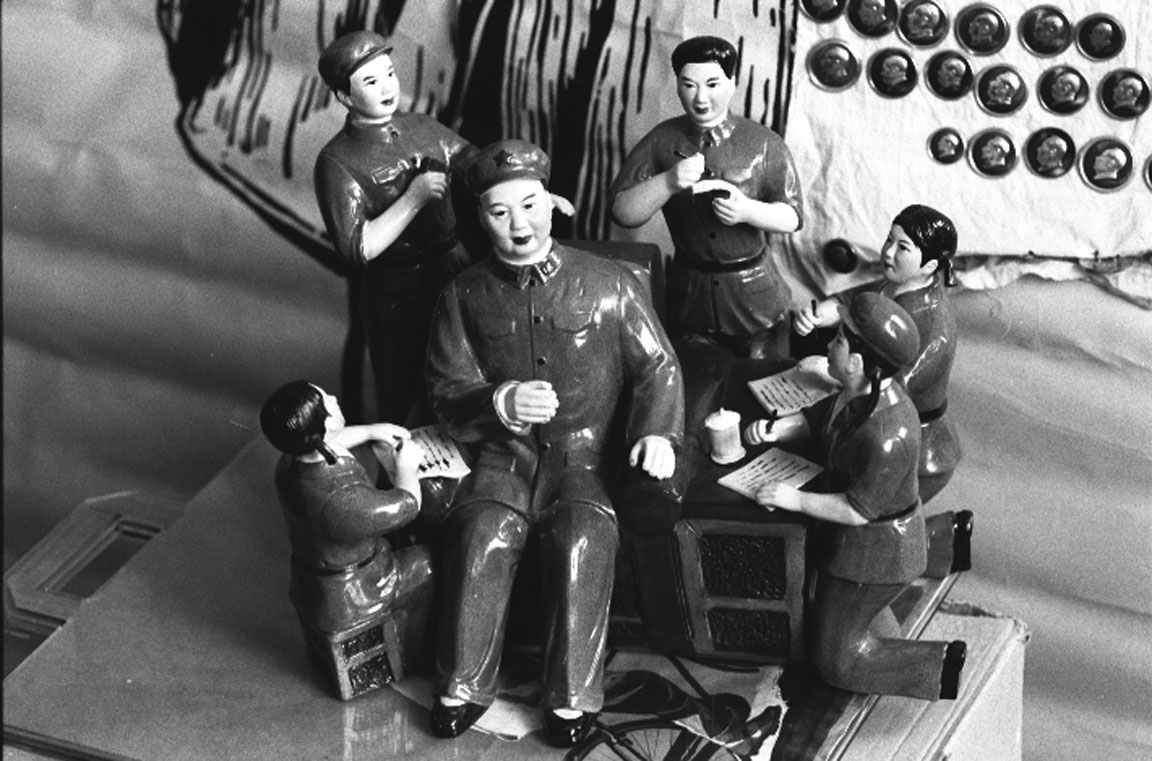
"‘There is great disorder under heaven; the situation is excellent,’ Mao once said. Thinking of the moment just before sending this catalogue to print, and of that inevitable moment right before the exhibition opens, I feel we have every reason to be confident.
‘Order means bread, disorder means hunger’—that was not Mao, but my father. Looking at the external chaos through which I’ve always tried to manage the inner order of my thoughts and projects, I understand why I never became rich."
(Gherardo Frassa, introduction to Mai dire Mao!, catalogue of the exhibition at Parma, Fiera di Parma, September 22-30, 2007, ed. Giancarlo Ascari and Gherardo Frassa [Milan: Nuages, 2007])
Mai dire Mao! Servire il pop was a major exhibition curated by Gherardo Frassa in 2007, dedicated to Mao Tse Tung as an icon of the 20th century. Through a wide array of contemporary artworks, everyday objects, collectibles, and a selection of films, the exhibition explored the figure of the Chinese leader and his inclusion—sometimes even irreverently—within the artistic sphere and pop culture from the 1960s onwards.
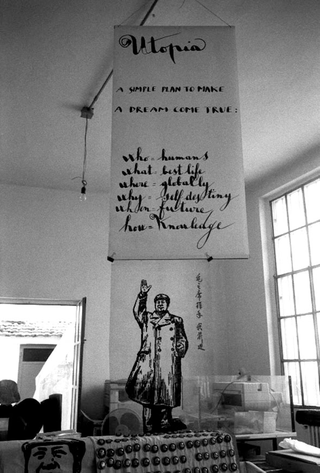
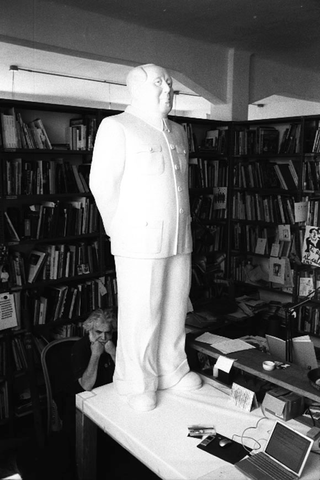
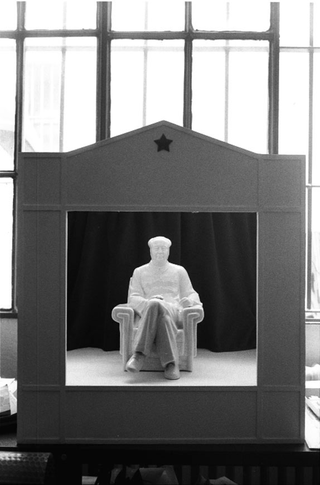
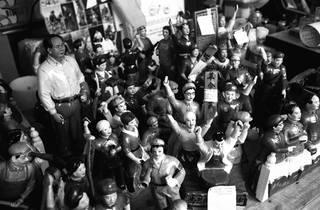
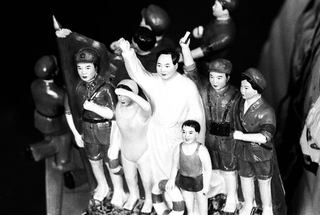
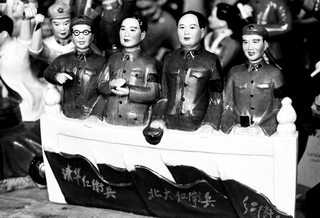
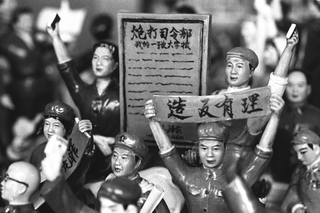
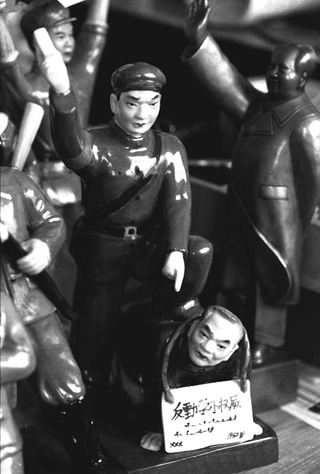
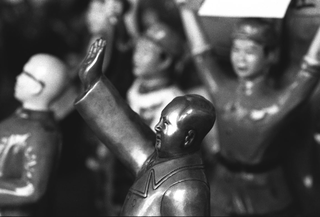
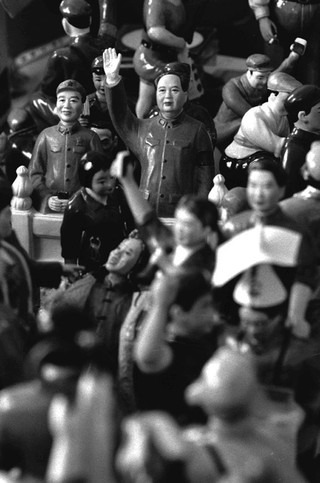
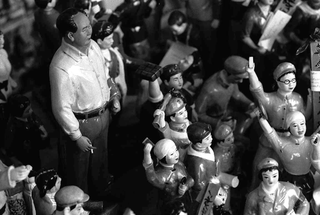
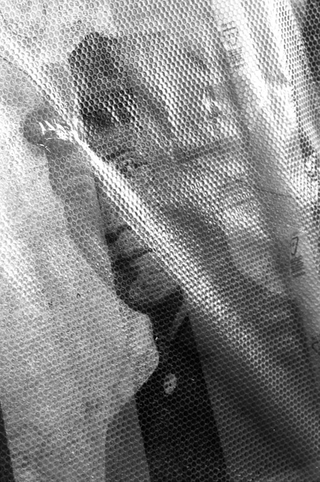
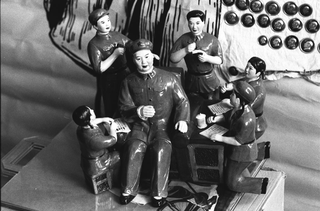
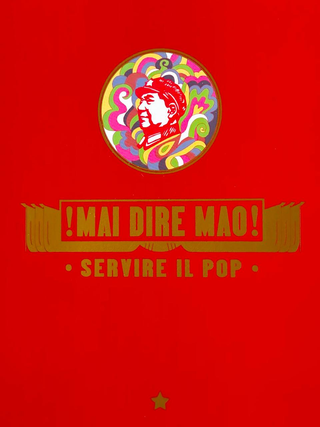
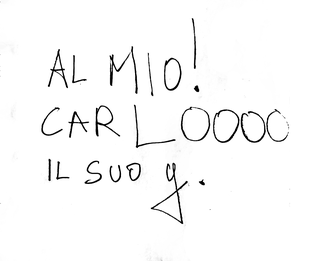
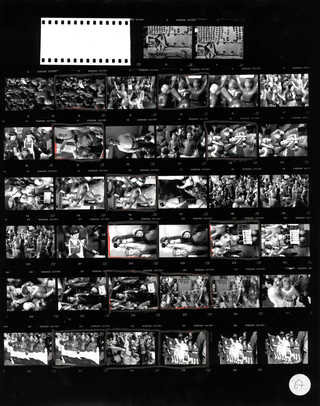
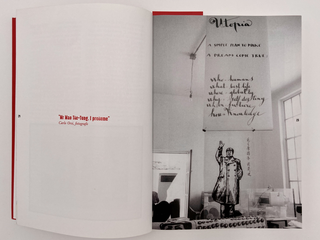
La parte del catalogo dedicata alle fotografie di Carlo Orsi
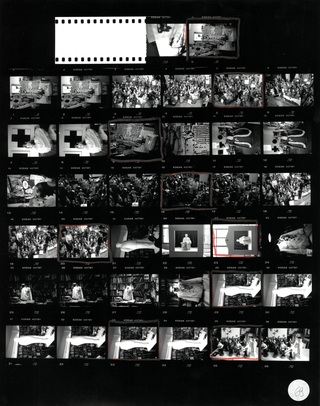
Social
Contatti
archivio@carloorsi.com